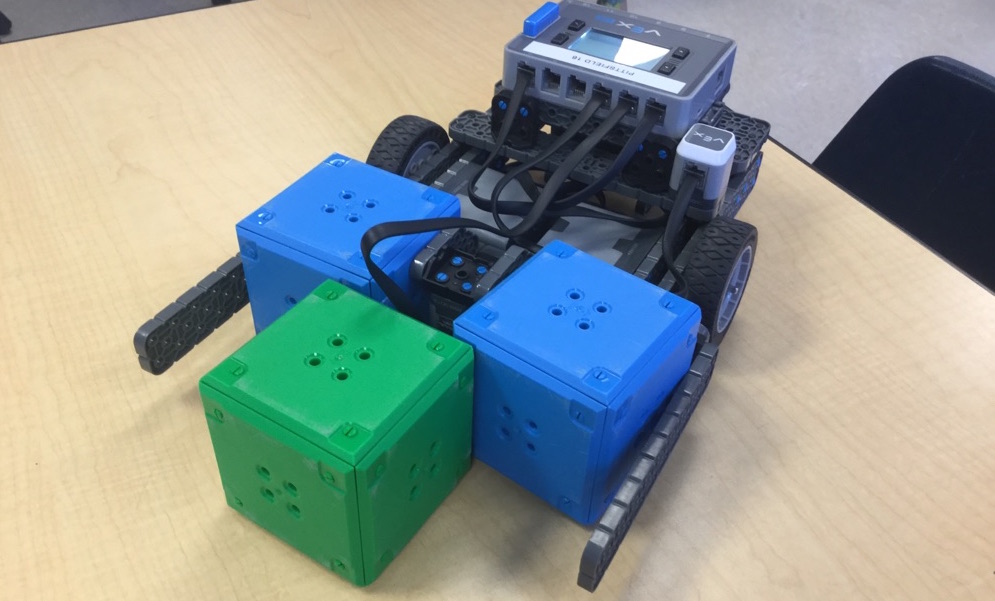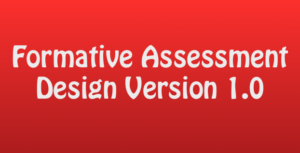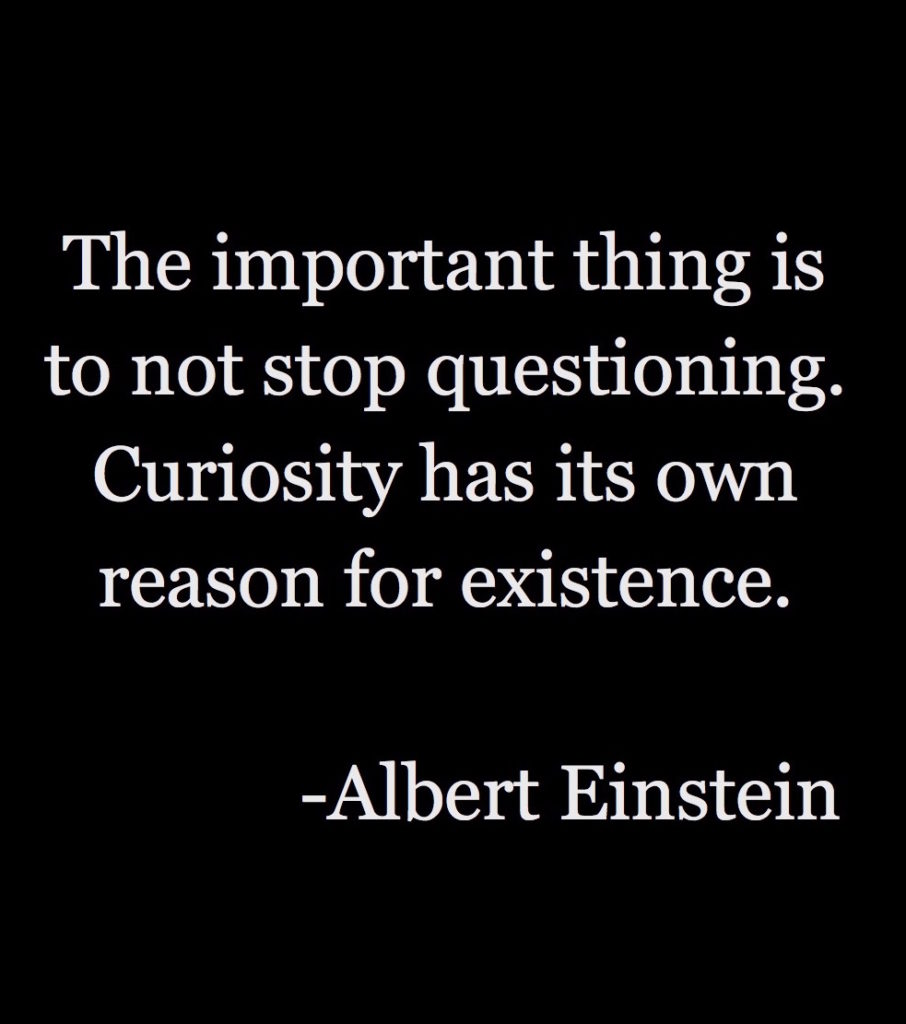As a science, technology, engineering, arts, and math (STEAM) educator, one of the subjects I teach is coding. My elementary school students enjoy coding; however, some students have a difficult time with large, complex coding projects because they struggle with breaking problems into smaller problems and also with debugging their code when it does not work properly.
In an attempt to help my struggling learners, I conducted a literature review of 18 peer-reviewed research articles. Through that research, I discovered interventions for struggling students and a recommendation for implementing a comprehensive K-6 computer science curriculum.
To learn more, please read my research report, Developing Computational Thinking Skills in Elementary Students, or watch my five-minute overview video.


